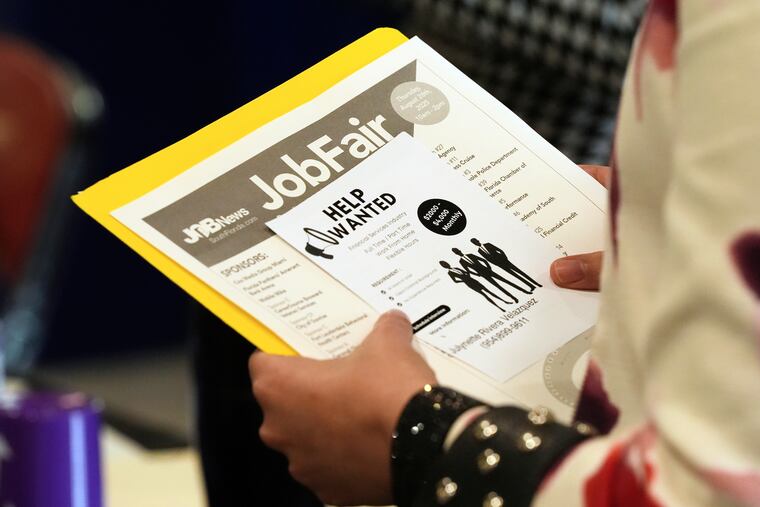US Government Shutdown: Key Talking Points for 2025 Explained

In the context of the ongoing 2025 U.S. government shutdown, political dynamics have shifted significantly since 2013 when former businessman and reality television star Donald Trump articulated his views on crisis management during a government standoff. At that time, Trump emphasized a conciliatory yet assertive approach, advocating for a president to engage and negotiate effectively to bridge partisan divides.
However, under his current presidency, Trump’s strategy appears markedly different. Following an inability to secure a bipartisan agreement, his response has been to employ humor and mockery, as exemplified by a controversial AI-generated video. This video, which inaccurately portrayed Democratic leaders, has steered the focus away from constructive dialogue and toward political theater, exacerbating existing tensions within Congress.
The implications of this shutdown extend to critical social services, including programs designed to assist vulnerable populations. The Agriculture Department has indicated that its Women, Infants, and Children (WIC) nutrition program, which serves approximately 6.9 million participants nationwide, is poised to continue functioning at least temporarily, despite the uncertain financial landscape. Experts suggest that state programs may leverage alternative funding sources to maintain operations, showcasing the resilience of social safety nets even amid federal disruptions.
As the political landscape evolves, it is crucial to note that the current Republican majority in Congress has a significant obligation to facilitate funding agreements. This necessitates Democratic collaboration due to the necessary supermajority to pass legislation. Such a requirement for bipartisan support underscores the importance of negotiation and cooperation in government—a principle that was emphasized by Trump during his earlier commentary on government standoffs.
Past government shutdowns have also highlighted the often cyclical nature of political blame, with both parties frequently engaging in rhetoric that shifts responsibility for the fallout onto the other. This leads to detrimental effects on critical services, including those provided by the Federal Emergency Management Agency (FEMA), which plays a vital role in disaster response.
While challenges persist, the ongoing dialogue underscores the importance of collaboration and consensus-building in governance. The stakes are high, especially for millions of Americans who rely on these essential services and programs.
As legislators navigate this complex landscape, the resilience of communities and the enduring need for bipartisan cooperation remain paramount in addressing the needs of the populace.
#PoliticsNews #CultureNews






